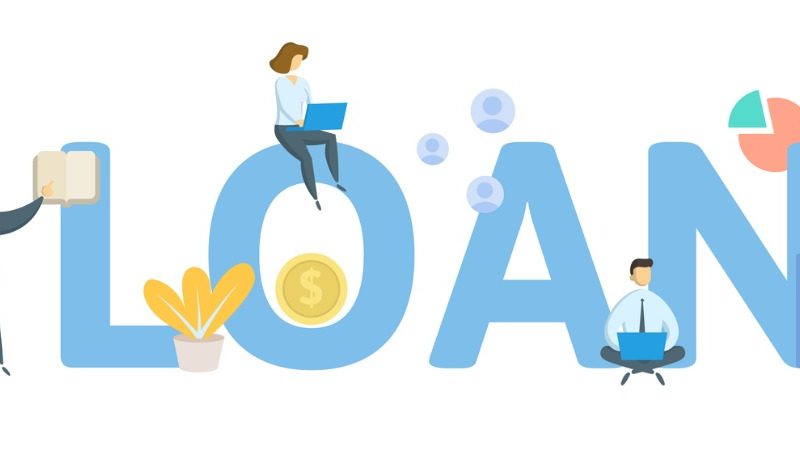Five simple facts about retirement for Kiwis (and why you need to get your ducks in a row)
We haven’t paid into the Cullen Fund for seven years
Heard of the Cullen Fund? It’s named after Michael Cullen, who was Minister of Finance in 2001 when the fund was set up. It’s also called the NZ Super Fund, and it’s designed to partially fund our retirement pension. The fund is currently $33.1b. In July 2009 the National government stopped contributing to it, and if that hadn’t happened, it would have been $52.6b in January this year (according to the NZ Super Fund). So there’s basically less money to go around for pensions, and population statistics show there’ll be more people needing retirement support in the years to come. It’s a good idea to have your own game plan for retirement.
Your employer doesn’t have to pay your KiwiSaver
If you’re in KiwiSaver, your employer is legally obliged to contribute 3% on top of your regular pay. They can’t get out of this, and if your employer isn’t paying, you should ask some hard questions about why. Your employer shouldn’t reduce your take-home pay because they have to make a contribution on your behalf. However, you do have the option to negotiate through ‘good faith bargaining’ to get a salary package where your employer’s contributions are offset against your pay. You might do this if, for example, you want to put that money into a house deposit instead, or if you don’t see yourself waiting until 65 to retire. Read your employment contract with a fine tooth comb, and question anything around KiwiSaver if it doesn’t sound right. There’s more at the KiwiSaver government website, and in this NZ Herald article.
But KiwiSaver is pretty much a no-brainer investment
KiwiSaver is one of the best investments around in terms of instant return on your money. Two reasons. Firstly, your employer matches your 3% contribution, and that’s money you otherwise wouldn’t get (unless, like we said above, you negotiated a different package). And it’s a 100% return on your investment. Secondly, if you contribute at least $1,042.86 each year, you get the $521.43 tax credit from the government – also a pretty solid investment. Read more about the benefits at the KiwiSaver website, and we also like this analysis by a Kiwi blogger.
If you were born after 1972 you’ll retire at 67 not 65
Did you catch this one recently? The current National government (which isn’t paying contributions to the Cullen Fund, see above) wants to raise the retirement age. That’s actually sensible, because research shows people are working longer than ever and life expectancy is increasing, and with a fatter chunk of the population heading for retirement all at once, it’s likely we won’t be able to afford pensions for everyone. So if you were born after 1 July 1972, you’ll be affected by the changes. Read more on the New Zealand Superannuation Fact Sheet.
If you’re a tradie, the argument isn’t 65 vs 67, but more like 45 vs 50
Are you in a physically demanding job? Many people who are active in their working lives day to day will be worried by the proposed changes, above. However for tradies, the argument isn’t retiring at 65 versus 67, but more like how soon can you possibly retire. E tu Union national industry organiser Joe Gallagher spoke about the proposed changes, saying many people won’t physically be able to physically continue their jobs until retirement. “By their late-40s they’re starting to break. Their knees, elbows, backs are all feeling the wear and tear.” So if you’re in a tough job physically, it’s even more important that you get your ducks in a row for retirement.
- Post Tags:
- KiwiSaver
- personal finances
- retirement
Credit Simple
Credit Simple gives all Kiwis free access to their credit score, as well as their detailed credit report. See how your credit score compares by age, gender and community and gain valuable insights into what it all means.
All stories by: Credit Simple


